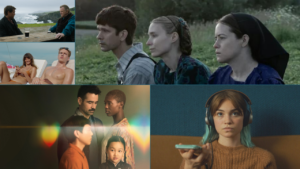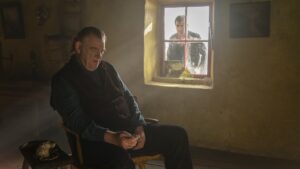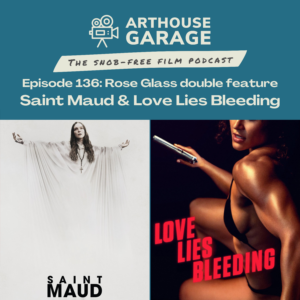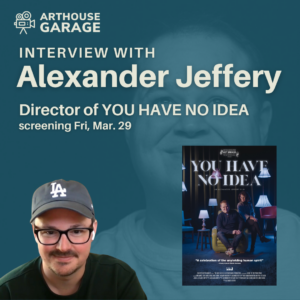People, no matter how young, are capable of terrible things. That’s the basic principle driving the new film The Innocents, from Oscar-nominated writer/director Eskil Vogt (The Worst Person In The World, Thelma, Oslo August 31st). From the film’s very first moments, we see our protagonist Ida (Rakel Lenora Fløttum) pinching the leg of her intellectually disabled sister Anna (Alva Brynsmo Ramstad) for seemingly no reason— just because she can. So, when Ida later meets Ben (Sam Ashraf), a boy with supernatural abilities, it isn’t surprising that things take a dark turn. And that is ultimately the most chilling aspect of The Innocents— what happens when children, without fully developed senses of empathy, find themselves with inexplicable power?
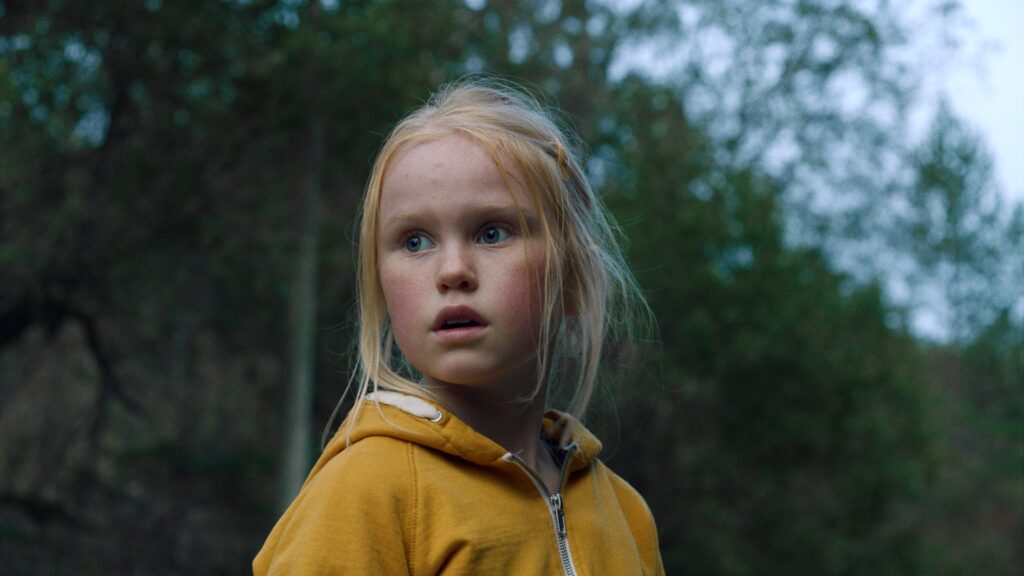
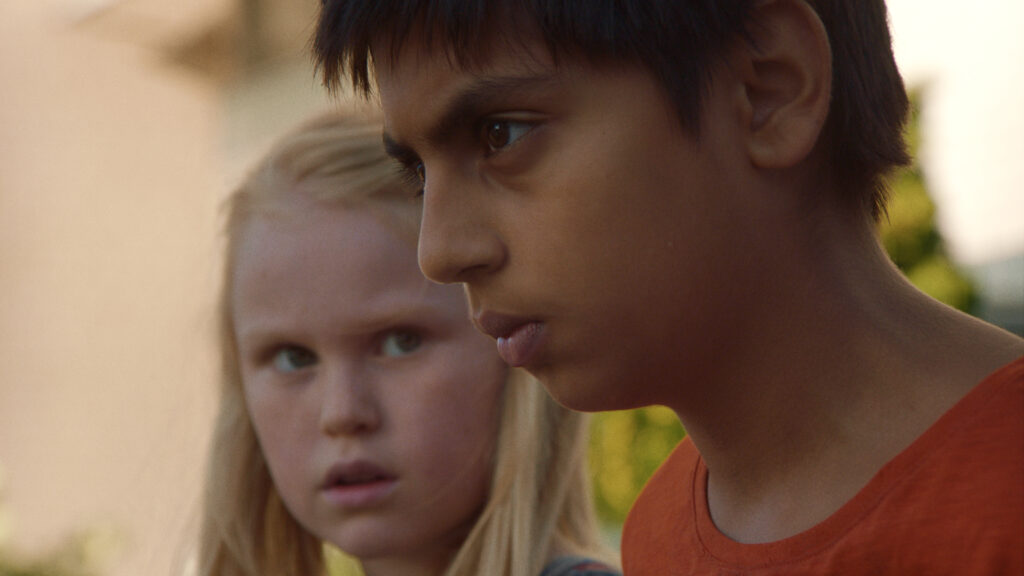
Ida has just moved to a new city, and a new apartment complex. There she meets Ben and the two quickly become playmates, and he shows off the way he can move sticks and rocks without touching them. Meanwhile, Ida’s sister Anna, who has autism and is non-verbal, forms a close connection with another girl, Aisha (Mina Yasmin Bremseth Asheim). The four children ultimately become an odd group of friends, though conflicts certainly arise as the film goes on.
On the surface, The Innocents is well-written and well-directed horror/thriller. Vogt does an admirable job creating an atmosphere of dread, with a real sense that anything might happen as the story becomes increasingly dark. Though not entirely unpredictable, the film manages some genuine surprises along the way, and smartly spends a lot of time developing the characters and letting them interact before things start to go awry. The setting is unique and the plotting is tight; this feels like the work of an Oscar-nominated screenwriter.
Disability on screen
Writer/director Eskil Vogt seems quite interested in disabilities. His previous directorial effort, Blind, focuses on a woman who has recently lost her sight, and the many ways this affects her life and relationships. In The Innocents, the protagonist’s sister Anna is the most fascinating character in the film, and her disability ultimately gives her an unusual relationship with the supernatural forces the children gradually unearth.
In 2021, musician Sia faced severe criticism over her film Music, which featured a neurotypical actor playing a girl with autism. Disability advocates spoke up, reminding moviegoers that irresponsible portrayals of people with disabilities can be incredibly harmful. Also harmful are stories that use disabled characters primarily to inspire or serve able-bodied characters— including the “autistic savant” stereotype, most notable in the film Rain Man.
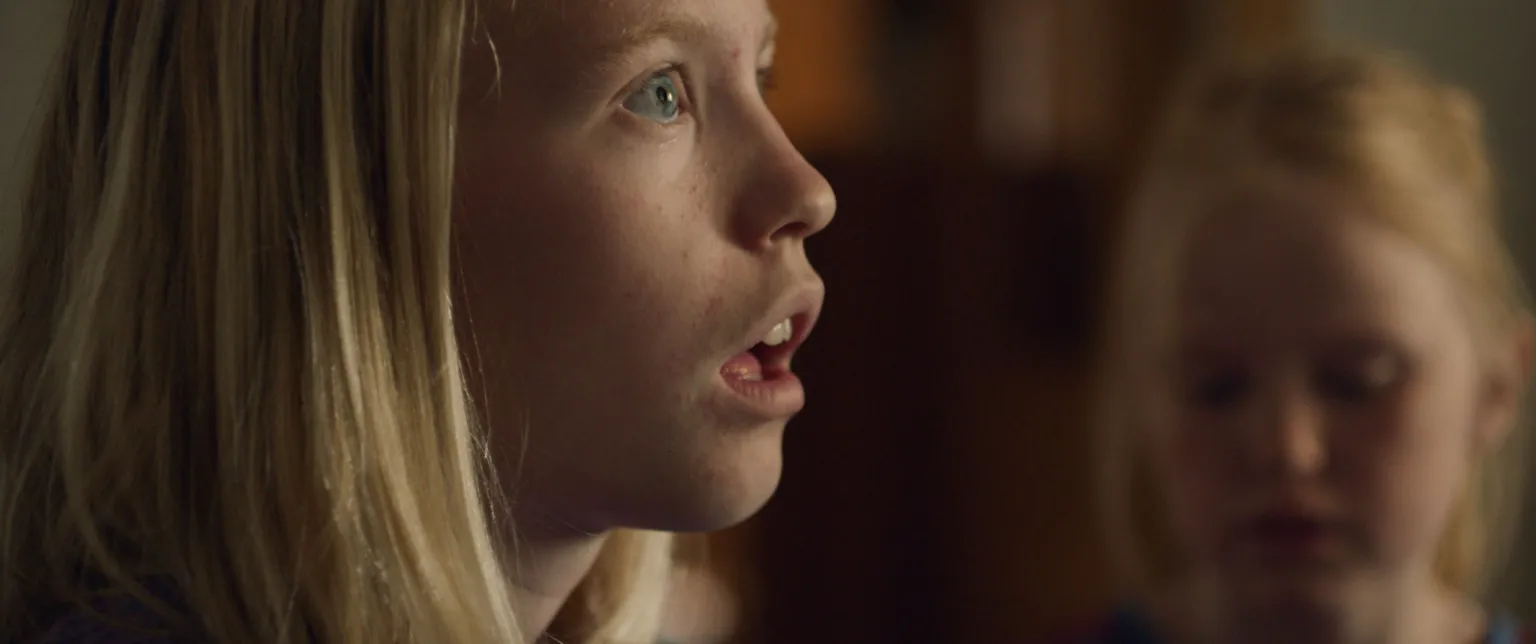
As mentioned above, in The Innocents, Anna is autistic and non-verbal, and, like the autistic character in Sia’s Music, she’s played by a neurotypical actor, Alva Brynsmo Ramstad. Whether disabled characters should ever be portrayed by abled actors is a greater conversation, and as an able-bodied film critic, I won’t pretend to be an authority on it. Instead, I encourage anyone reading to seek out the work of disabled film critics.
It seems pertinent to this topic, however, to disclose that I am a parent of two children with disabilities, one of whom is non-verbal. I by no means believe this makes me an expert on ableism in cinema, though it is a topic I care greatly about and have spent time researching. I also recognize that my bias may make me more short-sighted in some ways. I hope that autistic film critics join the discourse around this film down the road (I was unable to find any reviews by autistic filmmakers, perhaps because the film has not yet been widely available).
Anna’s character arc
What I can say is that Alva’s portrayal of Anna is clearly handled delicately, and she is by no means an over-the-top misrepresentation or intended to belittle real people. I believe the filmmakers were careful and acted in good faith when creating her character. Nevertheless, Anna’s characterization and her story arc sadly fall prey to some harmful ableist stereotypes.
We meet Anna at the start of the film, and it’s immediately clear she’s non-verbal. She communicates only with soft vocalizations, and she has no visible reaction to a hard pinch, and later worse abuses, by her sister. We later learn that Anna had verbal communication skills earlier in life, but lost them rapidly around age four. When I spoke with writer/director Eskil Vogt, I asked him about the inspiration for this character:
I read an interview with a Norwegian author… and she spoke in a very open way about her own son who had something she labeled ‘regressive autism.’ That means he was developing normally, communicating verbally, until he was 3 or 4, and then he just lost gradually his language abilities. And just retreated inside his bubble. And for me as a father, for me that’s a horror movie.”
Eskil Vogt, Oscar-nominated screenwriter behind The Worst Person in the World, and writer/director of The Innocents
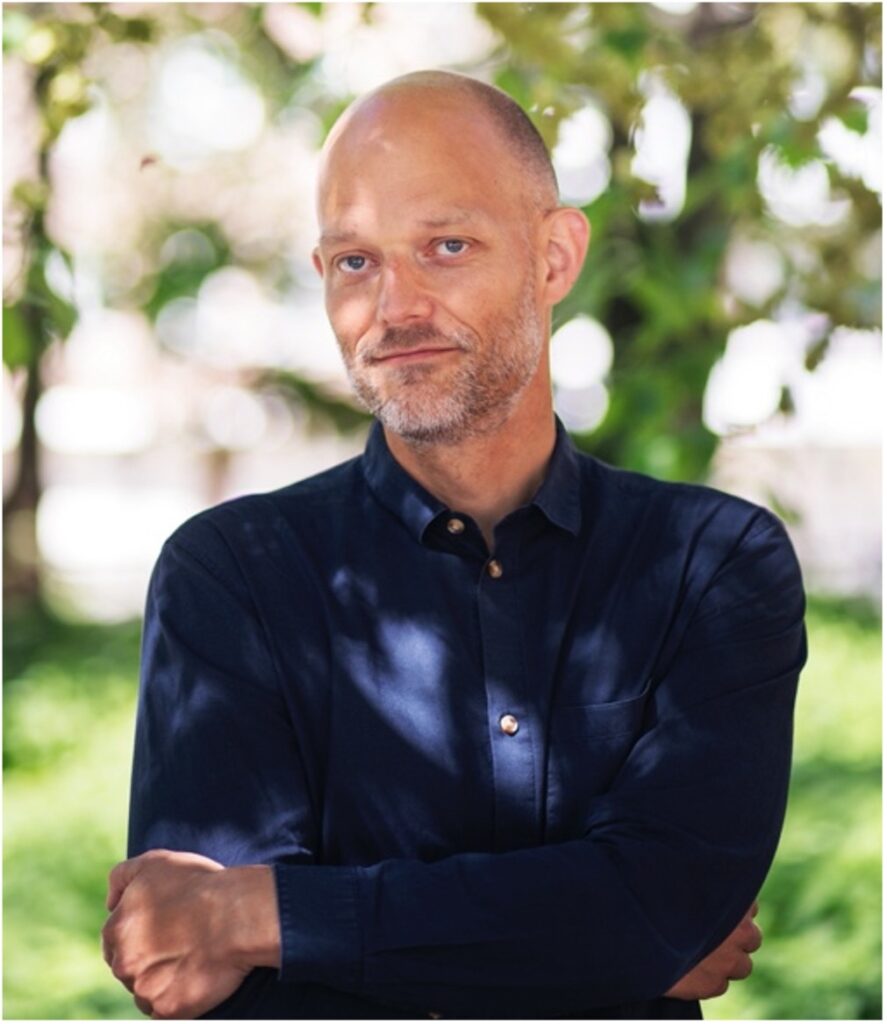
Click here to watch my whole interview with writer/director Eskil Vogt on YouTube
To fully explain the problems with Anna’s character arc, I have to discuss spoilers, though I won’t spoil the major events of the film’s ending. So:
Spoilers for The Innocents below
Later in the story, Anna meets Aisha, another child who is clairvoyant to some degree, and we learn that Aisha can communicate telepathically with Anna and sense when Anna is in pain or danger. Through her contact with Aisha, Anna actually regains the ability to speak. Anna is cured, in a sense, much to the joy of her parents. Anna is also revealed to possess her own telepathic abilities, and she hones them to the point that the violent Ben can sense her great power and becomes deathly afraid of her. Events at the end of the film involve a display of Anna’s powers, as well as a situation which causes her to revert to her non-verbal state, seemingly for good.
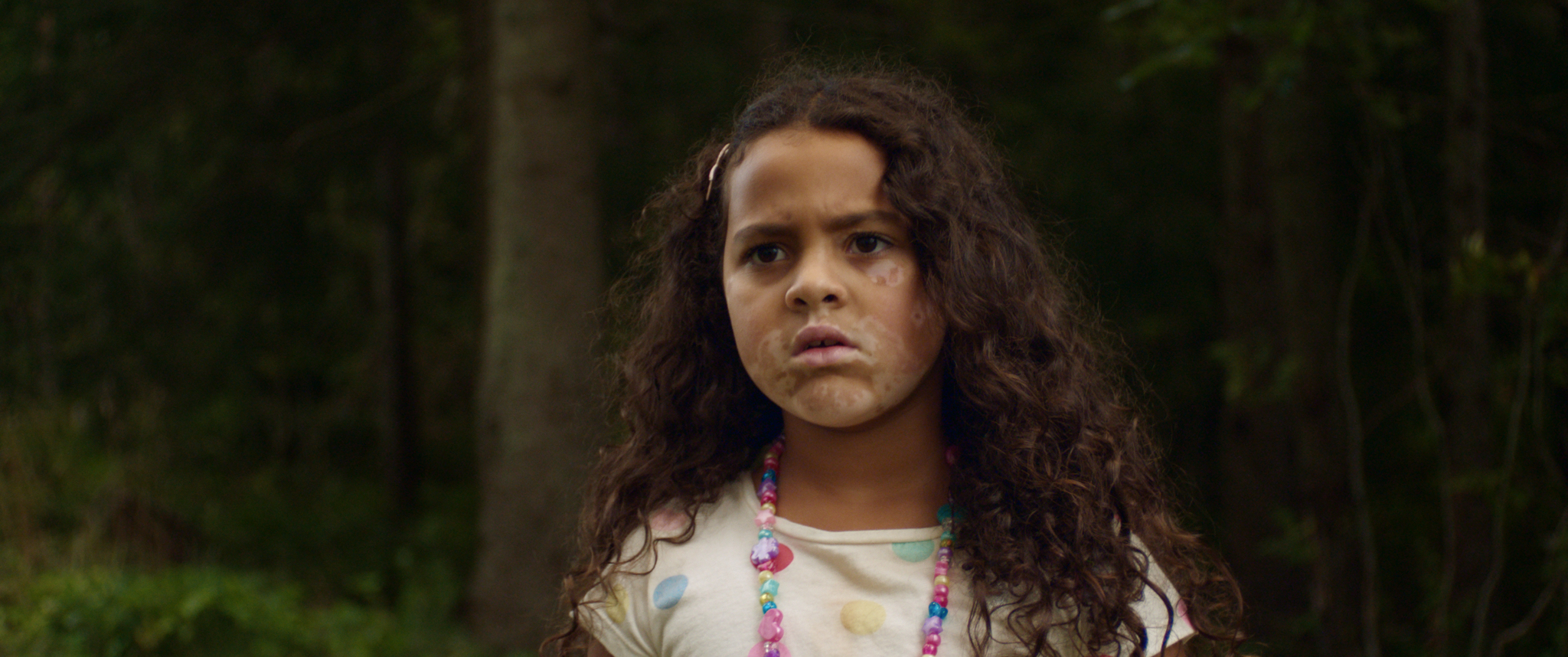
Ableist stereotypes
However unintentional, there are issues here. The writing of Anna absolutely falls prey to the “savant” narrative, with her character quickly becoming the most powerful of the supernatural children and thus responsible for keeping everyone else safe. Additionally, her abilities shift back-and-forth; Anna’s disability comes and goes to serve the whims of the story.
Eskil Vogt spoke to this idea as well in our brief interview, saying:
I didn’t want to hide behind the fact that it’s a supernatural story to make it easy for myself and just have complete liberties with something that’s a very real dilemma for many parents… I just wanted it to be done with respect and with enough detail so that those people who actually live it don’t feel that we are taking too many liberties with something.”
Again, it’s easy to see that the filmmaker’s intention was to create a positive and respectful piece of representation, and the “superhero” aspect of Anna’s character was likely intended to be empowering. In the end, though, by casting a neurotypical actor, the filmmakers reinforce the same issues that disability advocates rail against every time an able-bodied actor wins an Oscar for playing a disabled character.
This is not the sensitive portrayal of autism it tries to be, without meaningful exploration in the film of the experiences of actual people with autism. And, because of the way Anna’s abilities come and go in this supernatural context, it isn’t a particularly realistic depiction either. It seems reckless to invent a supernatural force that can enter the mind of an intellectually disabled child and temporarily cure her for the sake of a fictional story. Developmental changes in children with disabilities are as complex emotionally as they are physiologically, and to use such a scenario as a plot device simply feels insensitive.
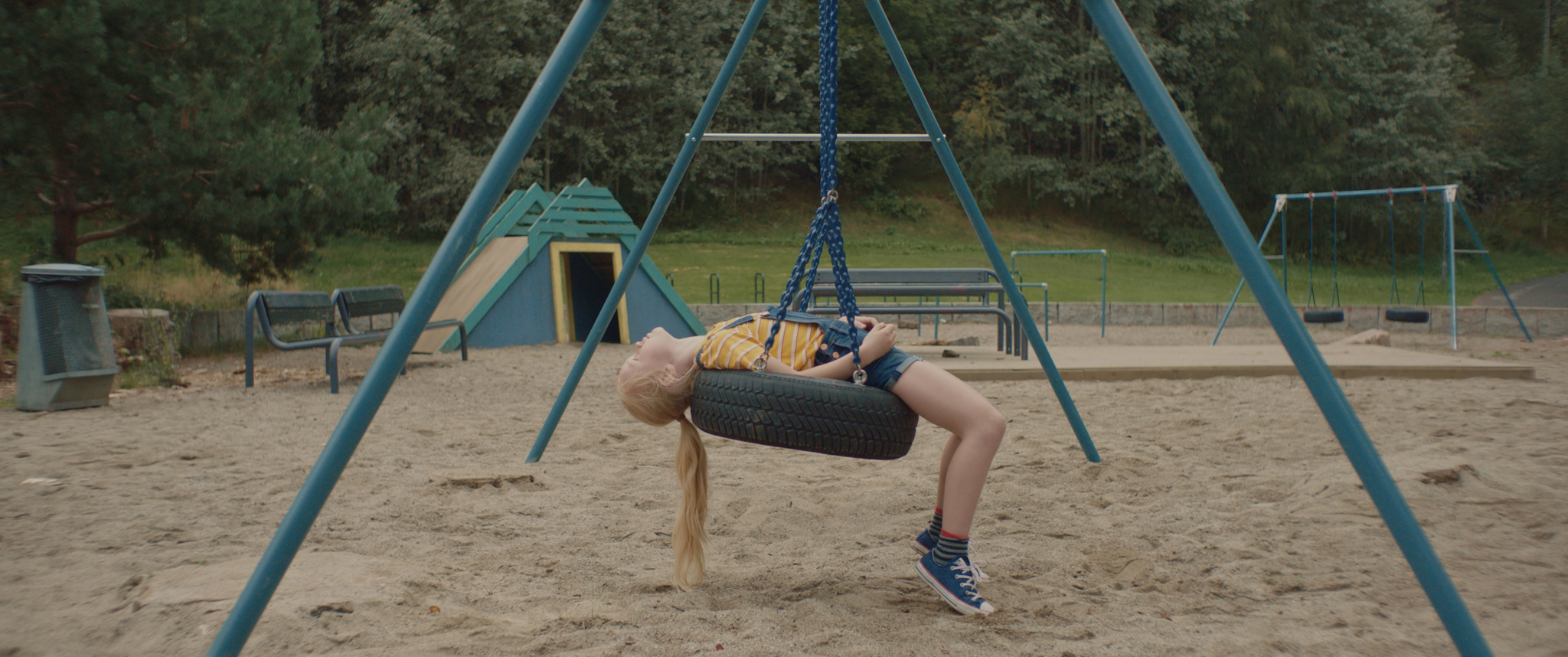
Aside from this glaring issue, Eskil Vogt has created an impressive film. With its young characters, creative setting, and first-rate child performances, The Innocents shows a lot of promise. If not for the troublesome treatment of disability, it’s exactly the type of under-seen and creatively imagined film I would love to champion. As it stands, however, it’s a well-made piece of cinema tainted by a careless portrayal of autism. Eskil Vogt is a talented filmmaker with a genuinely impressive body of work, and his career seems to be on an upward trajectory despite this problematic misstep. I just hope he can use better judgement and listen to marginalized voices in his future projects, especially if he continues to featured disabled characters in his work.
Watch my interview with Eskil Vogt below:


